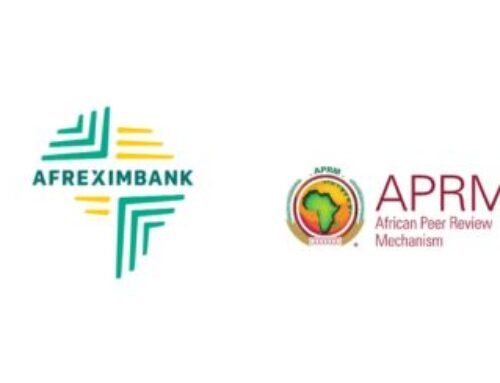
Recently, an International Credit Rating Agency (CRA) made a notable decision – downgrading the United States of America’s Long-Term Foreign-Currency Issuer Default Rating (IDR) from ‘AAA’ to ‘AA+’. This move occurred after intense negotiations among US lawmakers regarding the debt ceiling deal earlier this year, a scenario that posed the risk of the nation’s first default.
The White House expressed strong disagreement with this downgrade. Press Secretary Karine Jean-Pierre emphasized that the decision seemed disconnected from reality, especially given President Biden’s achievement of leading the world’s most robust economic recovery.
However, the rationale behind the downgrade, as stated by the rating agency, is rooted in anticipated fiscal challenges over the next few years. The agency highlighted a considerable and growing general government debt burden. Furthermore, the erosion of governance standards over the past two decades, particularly in comparison to ‘AA’ and ‘AAA’ rated peers, has been evident through repeated debt limit standoffs and eleventh-hour resolutions.
This trend in declining governance extends even with the recent bipartisan agreement to suspend the debt limit until January 2025. The government’s lack of a medium-term fiscal framework, in contrast to most counterparts, is also a contributing factor, coupled with its intricate budgeting process.
In terms of specific projections, the agency foresees America’s general government deficit to rise to 6.3% of GDP in 2023, from 3.7% in 2022. This projection reflects a combination of weaker federal revenues in a cyclical sense, new spending endeavors, and a heightened interest burden.
Conversely, it’s worth noting that the United States possesses various structural strengths supporting its ratings. These strengths encompass its substantial, advanced, diversified, and high-income economy, underpinned by a thriving business environment. Additionally, the US dollar’s status as the world’s leading reserve currency provides unparalleled financial flexibility for the government.
Assessing the nation’s governance, the US boasts a high World Bank Governance Indicators (WBGI) score of 79. This score reflects robust participation rights in the political process, robust institutional capacity, effective rule of law, and minimal corruption.
Looking ahead, the CRA suggests that implementing a fiscal adjustment to counteract rising mandatory spending or to fund such spending with increased revenues could potentially lead to a positive rating or an upgrade. This underlines the potential for proactive fiscal management to play a pivotal role in future credit evaluations.








Leave A Comment